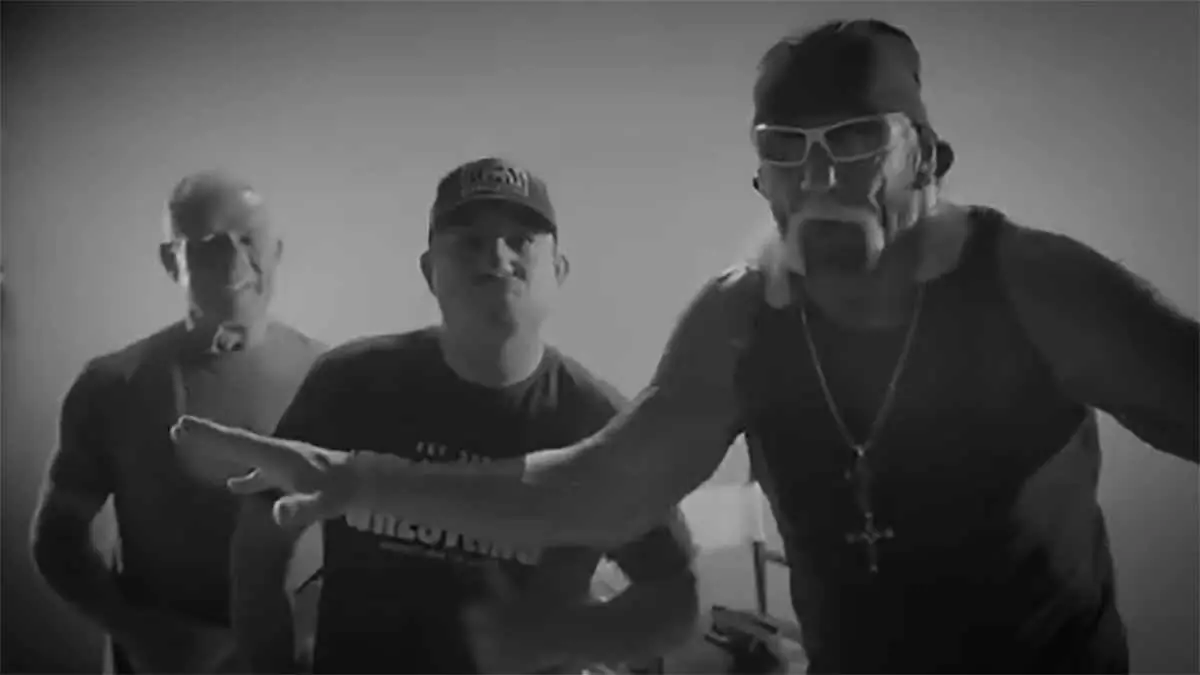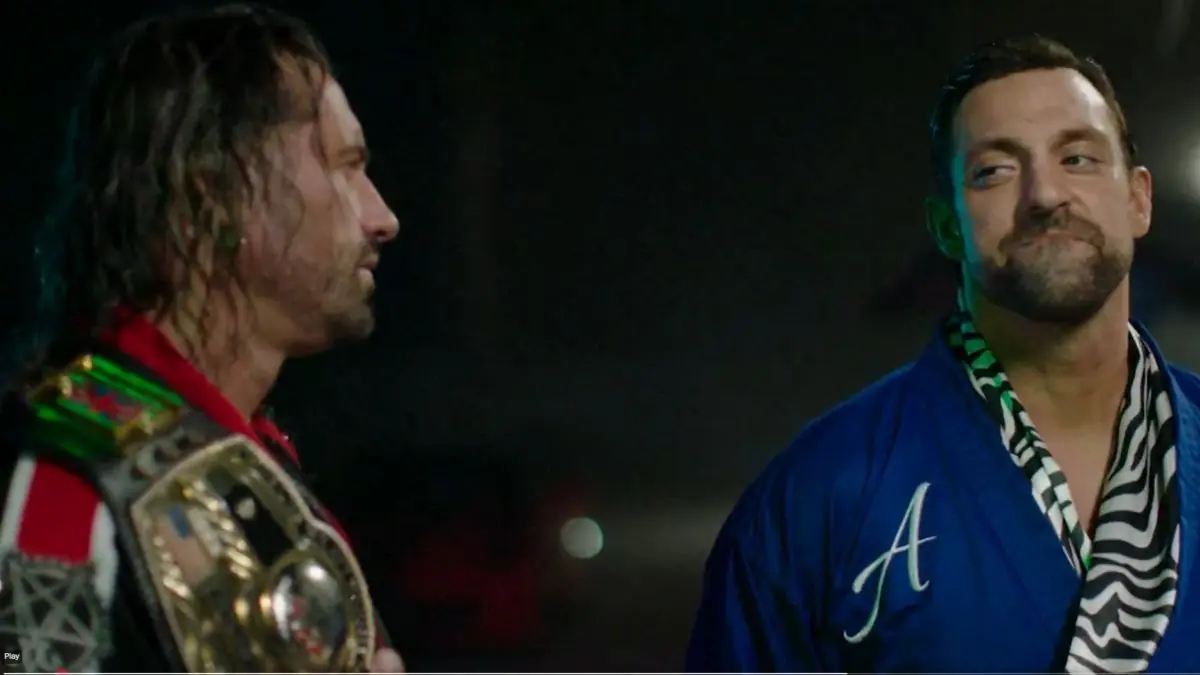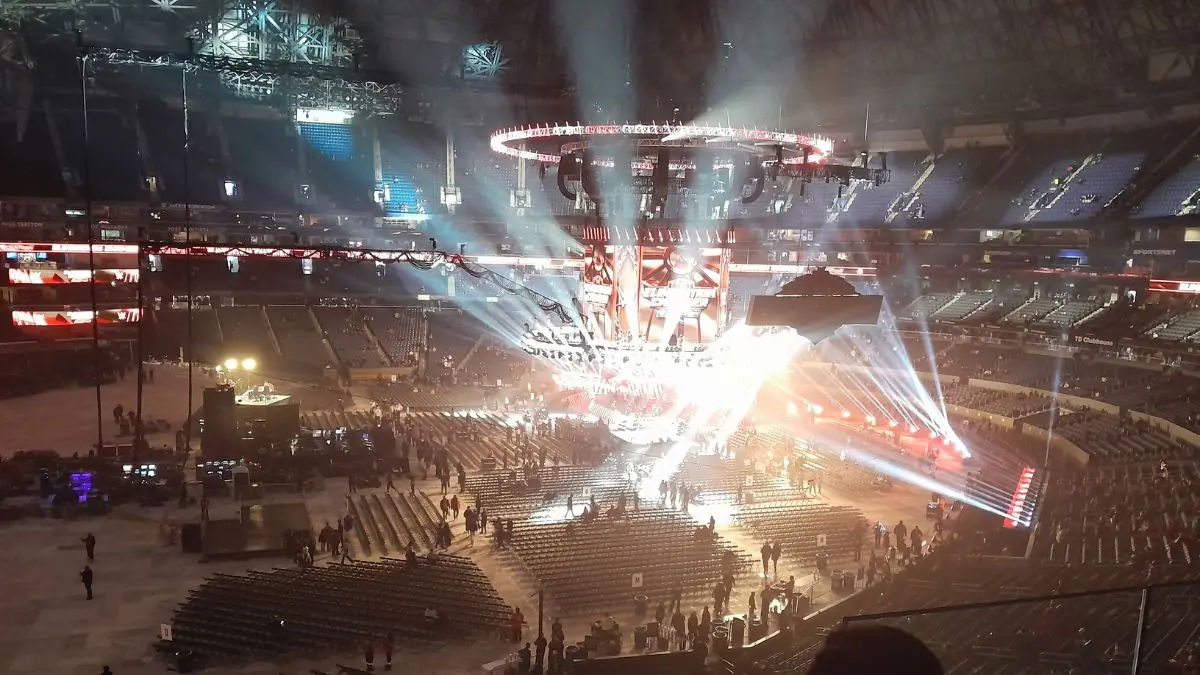Professional wrestling is an undefinable art, but over the years you hear or attach many descriptions to it when discussing the unique blend of sports and entertainment. “Masculine soap opera.” “Ballet with fighting.” “Athletic theatre.” Call it what you will, but anyone who has watched broadcast wrestling knows what to expect. Live events bring together the audience and the performers to give a long-form play of sorts.
As we’ve seen in WWE as of late, there are many cons to the traditional format we’ve come to know and…well, tolerate? Storytelling has to be done for two shows a week with varying degrees of emphasis. All is supposed to be locked in for the showcase Raw on Monday nights with SmackDown often featuring minor continuations to build up for the next Raw or give an appetizer for the pay-per-view. This can lead to uneven storytelling with such a difficult and unique structure to write within, as well as each audience being able to make or break a storyline given their reaction. In essence, this traditional WWE-style tried to have it both ways with each show acting as a unique experience while trying to tell a larger overall story. When it is at its best, wrestling can boom. At worst, you see the product as it is now.
Last night, TNA took a huge step in another direction as they continue the Matt Hardy vs. Jeff Hardy feud in a Final Deletion match recorded on the Hardy family compound in Cameron, North Carolina. The match featured character changes within the match, fireworks shot at each other, a landscaper attacking Jeff Hardy/Willow with a taser, and just about everything you could expect from your direct-to-DVD action movie turned up to 11, while the build-up included Matt creating a drone attack on Jeff’s house complete with a hologram message for Jeff on the main drone. It was an incredible meta (or one would hope) moment for the company that surprisingly worked. “LOLTNA” indeed.
Shot in extremely low-budget cinematic style, this unique moment for TNA marks them dipping their toe into the new style of wrestling storytelling that Lucha Underground has pioneered in its first two seasons. That last ten or so minutes of Impact became a TV show that featured wrestling instead of wrestling on TV. TNA did camp and kitsch as only they could do, but the more serious universe of Lucha Underground has paved the way for the idea of episodic wrestling shows that create their own universe.
Helmed by executive producers Robert Rodriguez, director of Sin City and From Dusk Till Dawn, and Mark Burnett, producer of reality TV mainstays like Survivor and The Voice, Lucha Underground has taken some of the best elements of standard prime time network television fare, added the idea of a show’s “universe” (often seen in sci-fi and fantasy programming), and put the cherry that is quality wrestling on top of it. Matches somehow make sense as they are explained in backstage scenes that feature a delightfully sleazy and mysterious owner, dragons, murder, demons, failed talent agents, and so much more. Not only that, but the benefit of making it a TV show that features wrestling matches as the climax to television storytelling gives the show a polished feel as it can be cut and edited to minimize botched sequences and maximize the effect of particular spots. This new breed of storytelling has been praised by wrestling fans and even television watchers in general.
Despite proudly holding the title of “sports entertainment,” WWE talent now look more like one-dimensional wrestlers than ever. The focus on the match as end game means that the rising action doesn’t necessarily have to make that much sense and WWE characters are often left underdeveloped. Feuds can come out of left-field with no rhyme or reason other than the payoff of a good match. With the benefit of episodic TV storytelling and production, brands like Lucha Underground and TNA have made wrestling different. Fans are not hopelessly dragged kicking and screaming into the product and can watch things develop in these alternate universes. Ham-fisted attempts to get you to react to guys who will make the most money are not weighing down the intrigue of the story.
WWE will always have the biggest tent in town and the benefits that making the most money brings, but the product they have dreamed of having is building itself right in front of them.
This proclaimed new golden era of television has extended itself to wrestling and it seems that everyone besides the WWE has taken advantage.




